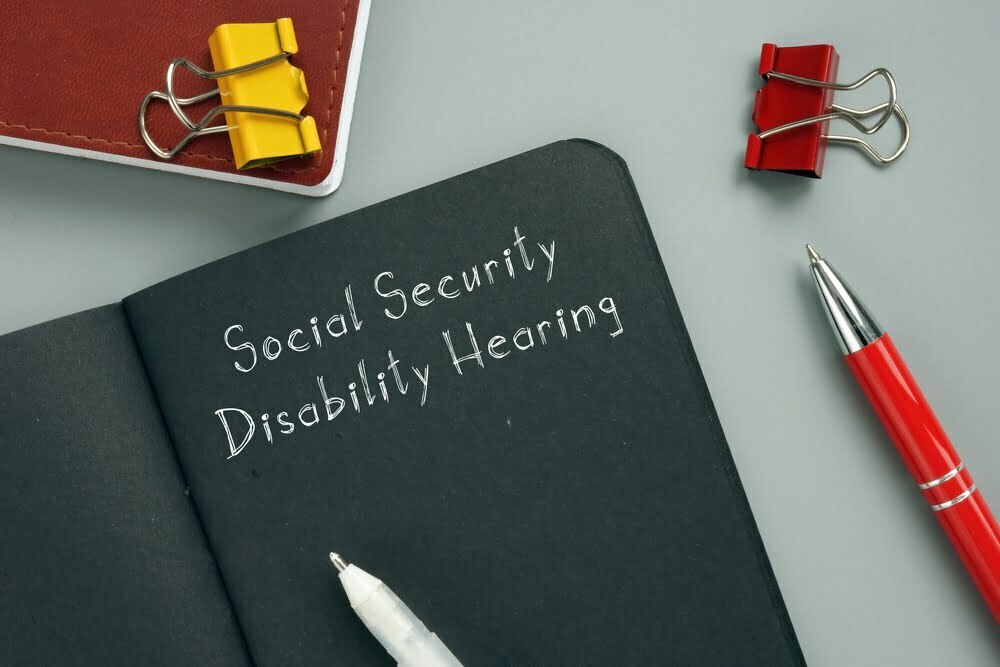

The year of 2015 is drawing to a close. Immigrants and citizens alike receive spam email as well as legitimate email from organizations requesting donations. I am happy to feature a post written by guest blogger Melba Pearson who gives tips on how to determine if the request for a donation is legitimate or not.
It’s the end of the year, and your inbox is flooded with charities seeking your donation. You may also be getting requests from crowdfunding sources such as GoFundMe. You want to be generous, as well as get the tax credit, but what should you do?
Earlier this year, much was made over Karla Lee, mother of murdered Chicago boy Tyshawn Lee, misusing funds earmarked for her young son’s funeral. $17,000 was raised after a public appeal to aid Lee in defraying the costs of her 9 year old son who was shot in November. Not long after, it was revealed that she bought a 2015 Chrysler 200, with a down payment of $15,000. Criticism swirled on the internet; Lee responded by stating that she was afraid to walk the streets as a result of the shooting, and the car was needed to assure her safety. She claimed that of the $17,000 given to her, $13,000 remained in the account after paying funeral expenses. Lee also claimed that she used her own money to buy the car.
If she had misused the money, can she be arrested for theft, or an organized scheme to defraud? Technically — no. It has to be proven that at the time she asked for the funds, she had no intentions of the money being used for her son’s funeral. Also, since these donations came from a crowdfunding source via the Internet, requiring wire transfers, this could be a federal offense. But again, intent is the main issue. Obviously, the fact that she bought a brand new vehicle right around the time of the donations is suspicious, especially since she asked for money for Tyshawn’s funeral, yet had enough money to buy a new car.
This story, among others, can leave a bad taste in your mouth regarding crowdfunding causes. So in the future, what do you do?
Do your research. The advantage to giving to established charities is that they have set protocols, and can be held directly accountable. You can investigate where the money goes, as well as how much each dollar helps the intended recipient. If you do choose to crowdfund, just know that this is a good deed and karma will pay you back. There is not a whole lot of regulation in that arena. As you can tell from these sites, you can fund anything from your next movie, an album, a tragedy, or a honeymoon.
Only give what you can afford. Don’t think “they need it more than me”. If $25 is enough not to break your bank, great. $100 — fine. It should be an amount that if the crowdfunding recipient was not 100% honest, it won’t financially crush you.
It’s not a contract. This is a one way gift with nothing in return. You are hoping that it will be used in the manner requested, but there is no true way to know. Even well respected charities have fees and overhead to which some of the donated funds may be used.
If you think you’ve been scammed, call your local police to start. This way, an investigation can be launched, and if necessary, warnings can be broadcast to the public. You may also want to contact your local US Attorney’s office since the scam could be in multiple states or countries.
Use your common sense. This above all will keep you safe. If something sounds fishy, don’t hand over your money.
Charitable giving is a great thing to do all year round, not just during the holidays. Be safe, think, and use these tips so that your hard earned money can benefit those who truly are in need.
Melba Pearson is an attorney, writer, speaker, wife and Resident Legal Diva. Follow her on Twitter @ResLegalDiva. She is also the President of the National Black Prosecutors Association. Learn more at www.blackprosecutors.org.





